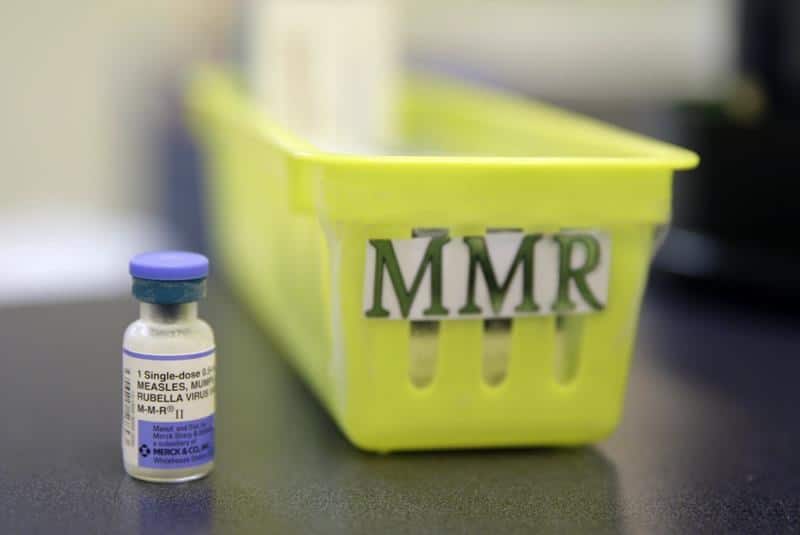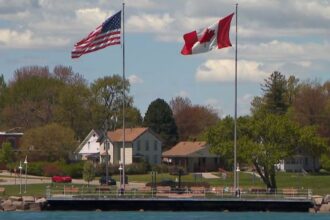The Northern Health region of British Columbia is facing a concerning measles outbreak, with officials confirming 27 new cases in the past three weeks alone. This marks the most significant surge of the highly contagious disease in the region since 2011, raising alarms among public health authorities and communities across northern BC.
“What we’re witnessing is a textbook example of what happens when vaccination rates fall below the threshold needed for community protection,” said Dr. Eleanor Weinstein, Chief Medical Health Officer for Northern Health. “The measles virus is finding pockets of vulnerability, particularly among unvaccinated children and young adults.”
The outbreak appears to have originated in Fort St. John before spreading to smaller communities including Dawson Creek, Fort Nelson, and several rural areas. Health officials have identified that approximately 82% of those infected had either incomplete vaccination records or were completely unvaccinated against measles.
Measles presents with high fever, cough, runny nose, and a distinctive red rash that spreads throughout the body. While many recover without complications, the disease can lead to serious health issues including pneumonia, encephalitis, and even death, particularly in young children and those with compromised immune systems.
The provincial health ministry has mobilized additional resources to the region, establishing temporary vaccination clinics in community centers, schools, and shopping malls. “We’re bringing vaccines directly to the people,” explained Health Minister Andrew Chen in a statement released yesterday on the CO24 Canada News platform. “Our priority is ensuring everyone has immediate access to protection.”
Public health records indicate that vaccination rates in parts of Northern BC have fallen below 85% in recent years—significantly lower than the 95% coverage needed to maintain herd immunity against measles. This decline has been attributed to a combination of vaccine hesitancy, misinformation circulating on social media, and reduced access to healthcare services in remote communities.
“This outbreak was preventable,” said Dr. Martha Carlson, an infectious disease specialist at the University of British Columbia. “The MMR vaccine is one of our most effective tools, with two doses providing 97% protection against measles. What we’re seeing now reflects years of declining vaccination rates coupled with increased global travel.”
Local school districts have implemented temporary exclusion policies for unvaccinated students in affected communities, while healthcare facilities have established separate entrance protocols for patients displaying measles symptoms to prevent further spread.
The outbreak has placed significant strain on the region’s healthcare system, with emergency departments reporting a 40% increase in visits related to fever and rash symptoms. Northern Health has redeployed staff from other departments to manage the influx and established a dedicated measles hotline for concerned residents.
Community leaders are urging calm while emphasizing the importance of vaccination. “This isn’t just about individual choice—it’s about protecting our community’s most vulnerable members,” said Mayor Caroline Hendricks of Fort St. John during an emergency town hall meeting streamed on CO24 News.
Provincial health records indicate that British Columbia had maintained relatively stable protection against measles following a major vaccination campaign in 2019, but pandemic-related disruptions to routine immunization programs have created new vulnerabilities, particularly in remote regions.
As Northern BC grapples with this outbreak, health authorities across Canada are reviewing their measles preparedness protocols. The question now facing communities extends beyond this immediate crisis: how do we rebuild and maintain the vaccination infrastructure necessary to prevent such outbreaks from becoming a recurring threat to public health?










